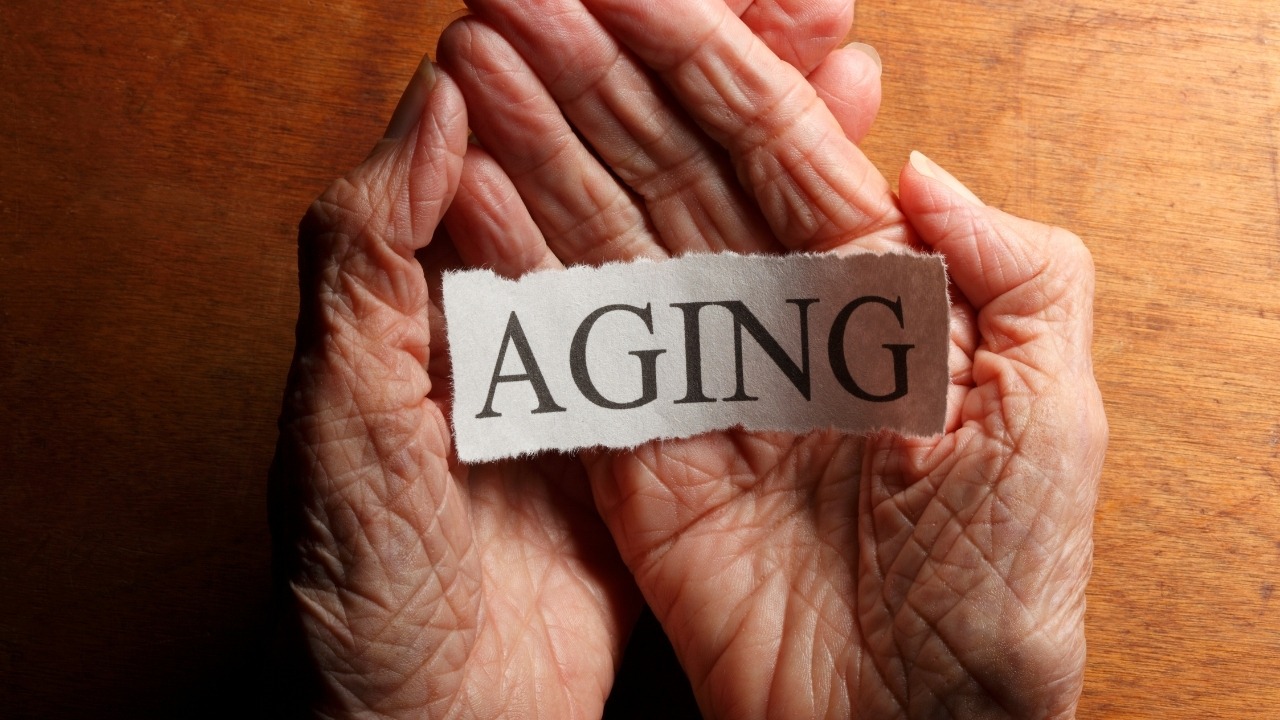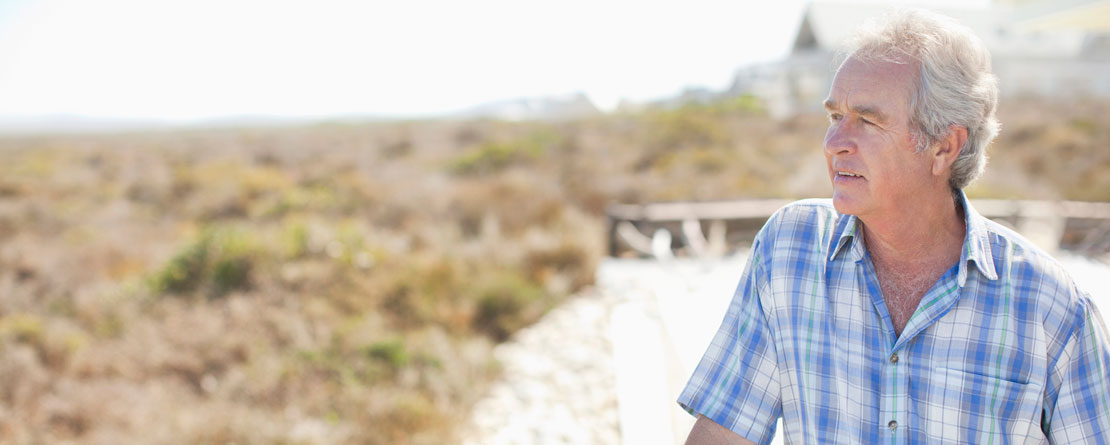Theories of aging and how to deal with it

By 2050, 20% of the world’s population will be over 60 years of age and, in turn, this will be more than the population under 5 years of age. Not only has the fertility rate been decreasing, but life expectancy has been increasing thanks to technological advances in food, medicine and the globalization of work.
According to the World Health Organization (WHO) there are several concepts of aging, depending on the theory followed. From a purely biological point of view, aging begins from the moment we are born and defines it as ‘the consequence of the accumulation of a wide range of molecular and cellular damage over time, leading to a gradual decline in physical and mental capacities, an increased risk of disease, and finally death.’
But the WHO also recognizes that there are other ways of understanding it. Here are some of the most common theories of aging:

Population aging, the disease of the century
It is estimated that by the year 2050, one out of every six people in the world will be over 65 years old, which corresponds to 16% of the population, while the number of people aged 80 and over will triple, reaching 426 million.
1. Stochastic theories
Stochastic theories are those that understand aging as the result of a set of random changes that accumulate over time. These theories are based on assumptions that cannot be predicted, such as the free radical theory.
Free radicals theory
It becomes more and more relevant with each passing year and is increasingly studied. It is based on the existence of highly unstable and reactive molecules that can generate oxidative stress, damaging tissues and, consequently, aging cells. Oxidative stress occurs when there is an imbalance between free radicals and antioxidants in our body, being that we do not have enough antioxidants in our body to fight free radicals.
But where do these free radicals come from? They are produced by many chemical reactions in the human body, but factors such as pollution, highly processed foods or cosmetics, psychological stress, a diet poor in antioxidants, among others, promote their increase, causing cell damage.
2. Non-stochastic theories
In contrast, non-stochastic theories of aging defend that the aging of all beings is predetermined, whether or not random variables intervene. Among these we find the biological or genetic theory that we stated at the beginning, from which some other theories can be derived:
Theories of the immune system and the endocrine system
These two theories argue that, depending on genetic factors, the immune and endocrine systems have a kind of internal clock or countdown for their functioning and that, once exceeded, they begin to fail, causing tissue damage and aging.
Genetic theory
Similar to the above, the genetic theory of aging holds that aging is intrinsically associated with age and that, depending on each person’s genetics and family history of aging, the body has an ‘internal longevity clock’ which, when stopped, gives way to the aging of organs and the body in general.
Cellular senescence
When reading about each theory of aging, it is easy to notice a common point: they are usually based on cell damage, which in turn is based on the hypothesis that all cells have a limited lifespan. This phenomenon is known as cellular senescence and is the decline of the body due to the aging of its cells.
Ways to maintain healthy aging
It is a fact that all people age, however, aging is not only associated with age, it has been shown that the way in which each person leads his or her life – in diet, use of cognitive processes, physical exercise, social interactions – affects the way and the speed with which one ages.
The question then is not how not to age, but how to age in a healthy way? And for this, WHO has several recommendations, both for countries and for individuals, including:
- Changing the way we interact with aging, getting rid of prejudices about age and encouraging instead a healthy lifestyle that allows counteracting the negative effects of the passing years, including a balanced and natural diet, physical activity and mental activity (reading, debating, sharing with other people, etc.)
- Fostering the capabilities of the elderly, focusing on independence and the continuity of day-to-day cognitive and motor functions.
- Comprehensive, primary health, psychological and functional care that responds to the real needs of age, not only to address diseases or conditions ‘of age’, but also to prevent them.
All people age, the difference is in how they do it and what opportunities they have for their wellbeing.
Related news
-

Family businesses: Why do they survive?
Family businesses can become a source of conflict between the different members making up the it. However, why are there businesses that have been very successful in generational change and others that have not? Discover with BBVA in Switzerland how a family protocol can contribute to success.
-

Health benefits of physical exercise and medical checks
We know that taking part in a physical exercise on a regular basis provides multiple health benefits.

















